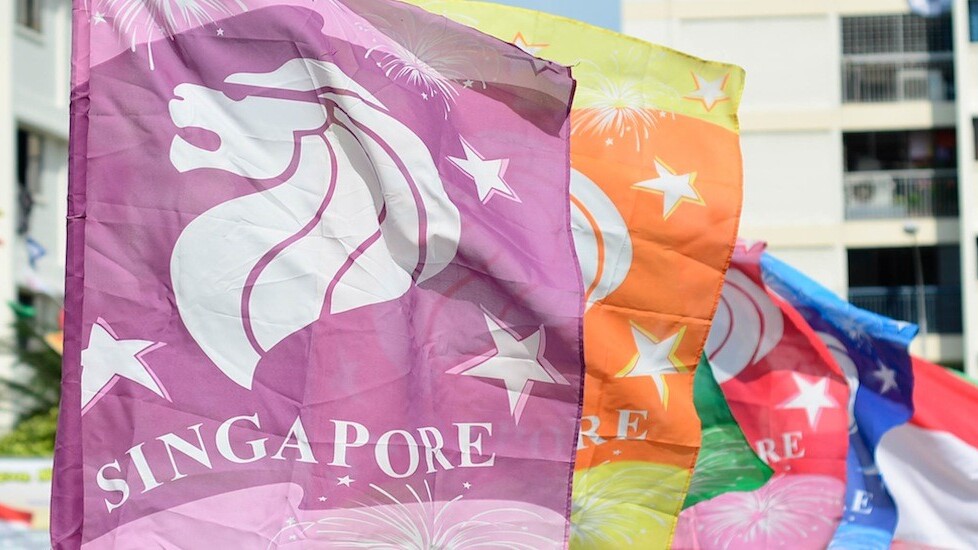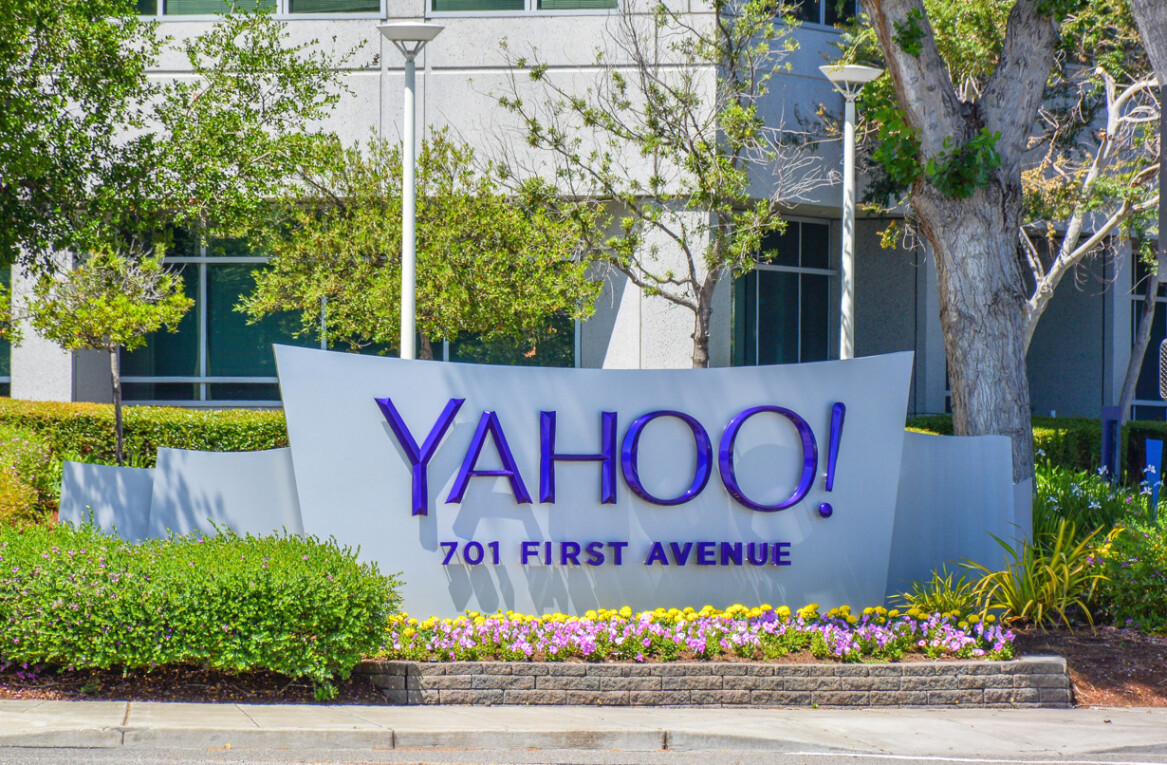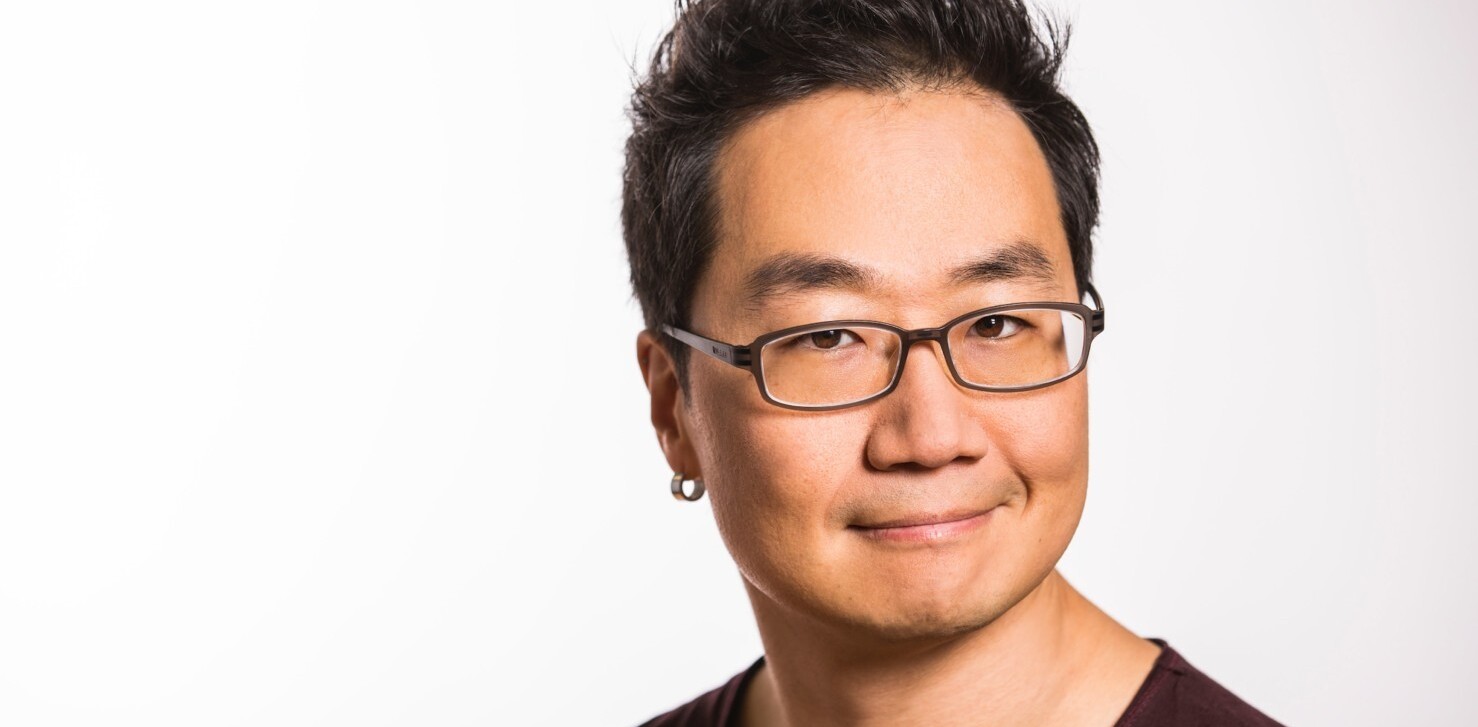
The US has weighed in on Singapore’s recently-unveiled regulations to supervise websites that cover local news, with the State Department saying that it is “deeply concerned” by what it called the new “restrictive” policy.
In late May, Singapore introduced rules that required sites reporting an average of at least one Singapore-related news article per week over two months, and which get 50,000 unique IP addresses from Singapore each month, to apply for an individual license.
Under the new license, online news sites must comply within 24 hours to remove content that is found to be in breach of standards. They are also obligated to put up a performance bond of S$50,000 (almost US$40,000).
US State Department spokeswoman Jen Paksi said at a press briefing that the US is concerned to see Singapore applying press restrictions to the online world and added:
We urge Singapore to ensure that freedom of expression is protected in accordance with its international obligations and commitments.
The US State Department’s concerns have been aired after Internet giants Google, Yahoo, Facebook and eBay weighed in on the issue last month, issuing a letter under the Asia Internet Coalition that said the Singapore government’s new licensing framework for online sites could “unintentionally hamper Singapore’s ability to continue to drive innovation, develop key industries in the technology space and attract investment in this key sector”.
The tech companies said they were “surprised” with the new regulations, as they observed that Singapore’s previous framework had been well-understood by businesses and had not proven to be inadequate for authorities to monitor offensive online content. They noted that the scope of the new regulations and manner in which they were introduced have “negatively impacted Singapore’s global image as an open and business-friendly country”.
Singapore defended its new licensing rules yesterday at Parliament (according to a report by The Straits Times), with Communications and Information Minister Yaacob Ibrahim reiterating that the regulations are not targeted at bloggers and that they are free to continue commenting on government policies.
The minister also noted that if future online news operators cannot afford the performance bond, media authorities would be willing to come up with a “reasonable” amount in line with the news site’s finances, the report said. Yaacob was reported as saying:
The intention is not to prevent the site from operating under a licence. On the contrary, the intent is to allow a qualifying site to continue to operate, under an individual license.
He argued that the new regulations would hold news sites to a higher standard, so that “you know that whatever you do, you must do it well and do it accurately because you’re reporting for the benefit of Singaporeans”.
The new licensing rules kicked in on June 1 and the Singapore government is currently discussing details with the three companies that own the 10 news websites coming under the licensing framework — Singapore Press Holdings, MediaCorp and Yahoo Singapore.
Image Credit: YL Tan via Flickr
Get the TNW newsletter
Get the most important tech news in your inbox each week.





